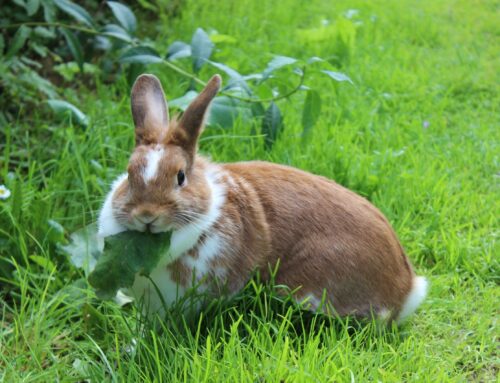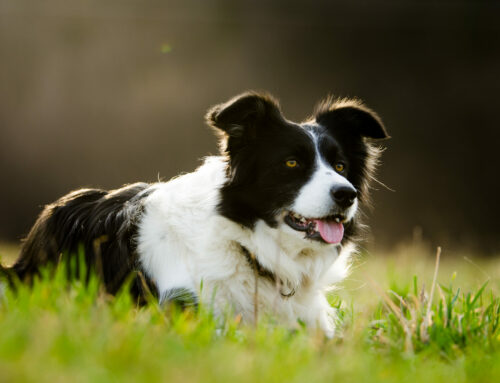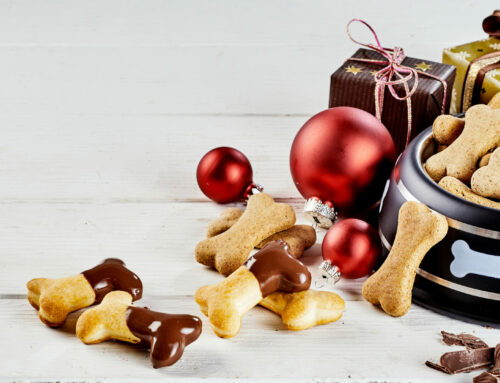As the weather gets colder, we need to think about how we can help our pets stay healthy throughout winter. We also need to provide our elderly or unwell pets with extra care, as they are more vulnerable to the effects of cold and icy conditions. To keep our pets safe there are several small changes that we can make that will allow us all to enjoy winter.
Antifreeze Poisoning
Ethylene glycol is commonly found in antifreeze products, such as screen wash. It is a highly toxic substance so it only takes a small amount to poison an animal. Unfortunately, pets are attracted to ethylene glycol because of its sweet taste, which makes them more likely to ingest it if they come across an accidental spillage.
Signs of antifreeze poisoning:

Vomiting
Quiet in self Changed behaviour
Increased drinking
Not urinating
Collapse
Seizures (fits)
Unfortunately, the prognosis for recovery is poor for more advanced cases but the earlier treatment is started the better the chance of recovery. If you suspect that your pet has swallowed any ethylene glycol then you should contact us immediately for emergency veterinary advice.
Exercising pets safely
During the winter months, we often need to exercise our dogs when it is dark. To stay safe, make sure that you and your dog can be seen, especially when walking by the road. Think about using a Hi-Viz coat or light-up collar to ensure that your dog can be seen.
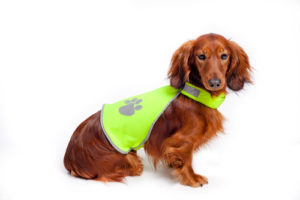
Dark winter nights can be unpleasant for us but they can also be confusing for our dogs too. We advise you to keep your dog on a lead when it is dark, to stop them from running off. This will help prevent any road traffic accidents from occurring as a result of your pet not being seen.
Avoiding hypothermia
Most dogs can tolerate the cold weather for short amounts of time without the need for a coat, unless they are going to be spending a long time outside. However, thin-haired dogs, such as Sighthounds, and elderly or unwell pets will need a coat whenever they go outside in extremely cold weather. This will help prevent them from developing hypothermia.
Outdoor cats are also at risk of developing hypothermia if they spend a long time outside without access to shelter. They are also at risk of becoming trapped somewhere if they try to seek a warm place to hide. To help protect your cat you should ensure that they have constant access to your house or a warm sheltered area. If you are unable to provide your cat with a sheltered area then it is best to keep them indoors during winter. Remember to offer all cats a litter tray during winter, as they might not want to venture outside to the toilet in the cold weather.
Ice and snow hazards
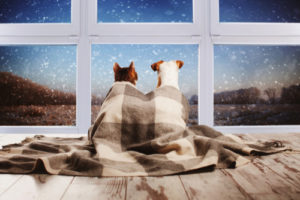
Icy or snowy weather does require extra vigilance when out and about. Dogs can still have fun in this weather but they need to have their feet regularly checked, as snow can clump between their toes, making it uncomfortable and painful for your pet to walk. You should also check your pet’s footpads for any signs of sores after walking in icy or snowy conditions.
As the weather gets colder, many roads and paths will be covered in grit. While grit is useful to stop you from slipping on icy surfaces, it can also irritate your pet’s feet and make them unwell if they lick it off when grooming. If you walk your dog on gritted surfaces then wash their feet when you get back from your walk to prevent any irritation from occurring.
Protecting animals who live outside
Any pets who live outside will also need protection from the winter weather. If possible, you should move your pet’s house indoors or into a shed or garage to protect them. However, if this is not possible then you should make sure that your pet’s living area is protected from the cold and rain. It can be useful to use dry blankets or a tarpaulin to cover your pet’s house at night and during the worst weather.
Christmas toxins
We all love to share Christmas with our pets, but there are some Christmas foods and plants that you should keep away from your pet, to prevent any illness from developing.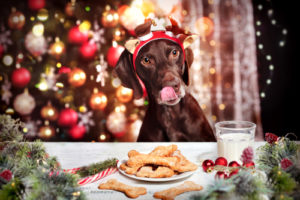
Foods that are poisonous to our pets include…
Chocolate –Theobromine found in chocolate is toxic to dogs. It is found in very high levels in cocoa powder and dark chocolate, and lower levels in milk chocolate and white chocolate.
Raisins, grapes, and other vine fruit – These foods are toxic to dogs and are commonly found in many Christmas foods, such as Christmas cake and mince pies.
Xylitol – This is a highly toxic sweetener that is commonly added to many types of food including chewing gum and cakes.
Onions, leeks and garlic – These are often added to gravy and stuffing, but if eaten by dogs and cats can lead to anaemia.
Plants that are poisonous to our pets
Lilies – All parts of these flowers are highly toxic to cats if eaten.
Poinsettia, holly berries, mistletoe and amaryllis – These plants are among the many that are toxic to dogs and cats and can cause digestive upset or worse if the plant is eaten.
If you think your pet has eaten something poisonous then you should contact us immediately so we can give you advice and one of our vets can see your pet if needed.
Feeding your pet over winter
If our dogs and cats are exercising less over winter then we also need to remember to reduce the amount of food that we feed them, to prevent them from becoming overweight. This means that we might also need to reduce or stop giving our pets treats.
In contrast, our outdoor pets might need an increase in the amount of food that they are fed to keep them the correct weight during winter, as they will be using more calories keeping warm. We should also make sure that we offer our pets plenty of warm, dry bedding, and remove any wet or soiled bedding regularly to keep them comfortable.
Winter can be a hard and stressful time for our pets, particularly for elderly or unwell pets. However, our Veterinary team are always available to discuss any concerns that you might have about your pet. Injuries and illnesses can also occur more frequently during the winter months, so please phone us for advice if your pet becomes unwell or is struggling to cope with winter.

